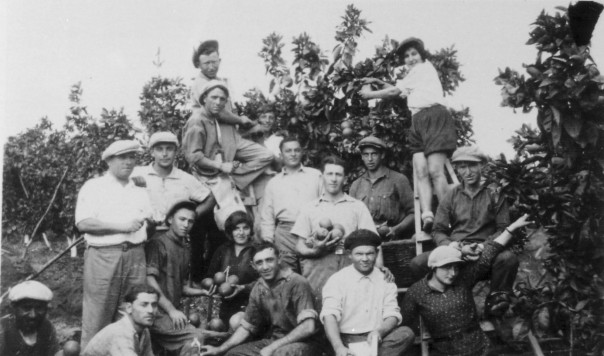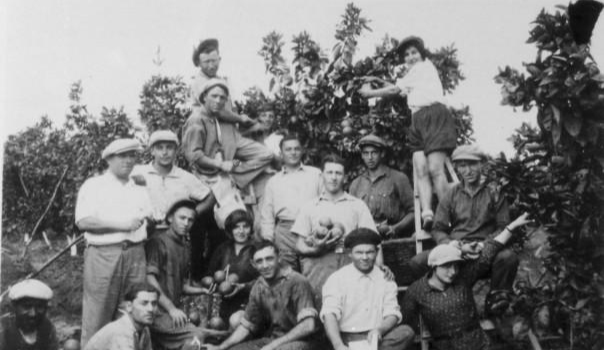Tapuz
This is the story of how Israel’s orange groves developed, with an emphasis on the relationship between employers and employees, Jews and Arabs, manual labor and technology.
Director: Amos Gitai
Tapuz
Tapuz (Orange)
This is the story of how Israel’s orange groves developed, with an emphasis on the relationship between employers and employees, Jews and Arabs, manual labor and technology. The possibilities for the development of Israel’s orange industry in the wake of the new political arrangements in the Middle East are intertwined with relevant literary texts and the occasional close-up shot from the world of botany and with historical photos and biographical anecdotes related to growing oranges. This film, which recreates all these elements, tells the story of the Israeli orange as a metaphor for the Land of Israel, from the end of the nineteenth century until today.
Festivals and Awards:
Jerusalem International Film Festival, Israel, 1998; Di Popoli, Florence, Italy, 1998; IDFA, the Netherlands, 1999



